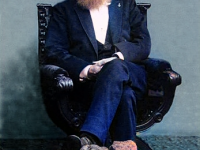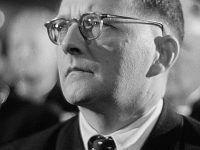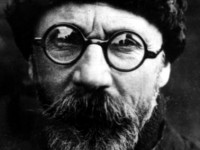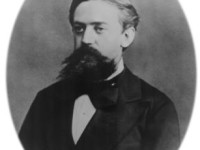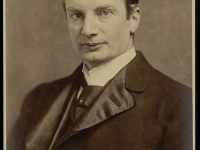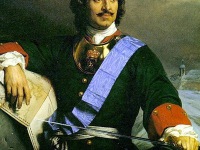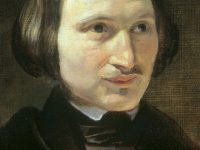Fyodor Dostoyevsky – Crime and Punishment
On February 9, 1881, famous Russian novelist, short story writer, and essayist Fyodor Dostoyevsky passed away in St. Petersburg, Russia. Dostoyevsky‘s literary works explore human psychology in the troubled political, social and spiritual context of 19th-century Russia and is considered to be one of the greatest and most prominent psychologists in world literature. The Grand Inquisitor The very first piece of literature I read from Dostoyevsky was the short parable ‘The Grand…
Read more



